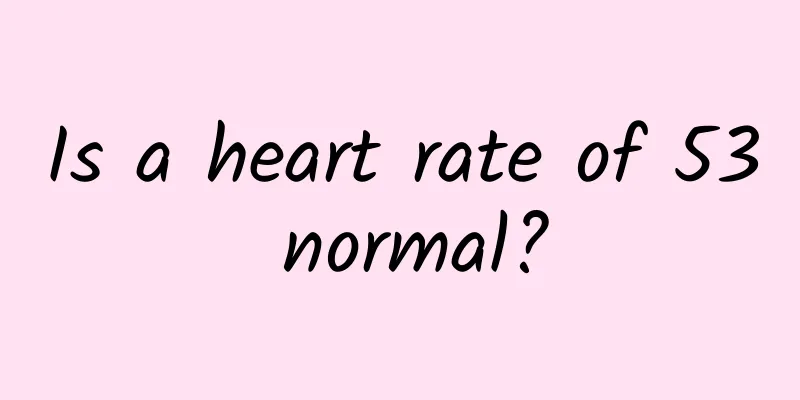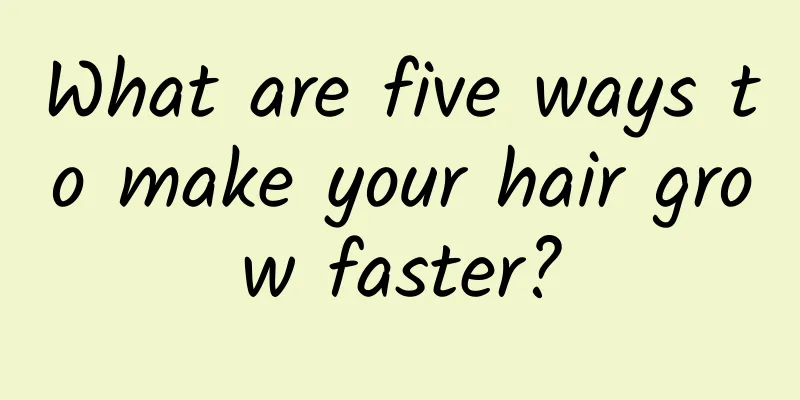Will using eye drops for a long time harm your eyes?

|
For white-collar workers who often use computers to work, eyestrain is a common occurrence. So many people will use some eye drops to relieve eye discomfort. However, many people who frequently use eye drops or eye protection solutions have this question: Will eye protection solutions harm the eyes if used for a long time? Today we will analyze this issue for you. Working at a computer at close range for a long time, using air conditioning, air pollution, staying up late, etc. will cause visual fatigue, reduce the eye's ability to adjust, and cause eye congestion and worsening myopia. Blurred vision, eye pain, red eyes, or a foreign body sensation or dryness may occur. Therefore, more and more computer users and those who often stay up late use eye drops on their own when they feel their eyes are dry and painful. Some "beauty lovers" even use eye drops to improve the condition of bloodshot eyes before appearing on camera in pursuit of bright eyes. But even eye drops that relieve eye fatigue should be used sparingly. Ordinary packaged eye drops can usually be used for about 30 days. Opening the bottle cap multiple times may cause bacterial contamination. In order to maintain the sterility of drugs and extend their shelf life, preservatives are generally added to preserve their quality. Although trace amounts of preservatives do not cause much damage to the eyes, repeated use of eye drops and long-term excessive exposure to preservatives may cause harm to the eyes, causing damage to the normal tear film and corneal epithelial cells. Therefore, in principle, eye drops should be used if possible. If they must be used, they should not be used more than 4 times a day. Some people use antibiotic eye drops and hormone eye drops when they feel eye discomfort, but excessive use of these eye drops will cause ocular flora imbalance, which may induce non-pathogenic bacterial keratitis and conjunctivitis, causing secondary infection and aggravating the condition, and it is also easy to develop systemic drug resistance. In particular, hormonal eye drops can only be used to control the progression of the disease and relieve symptoms. Long-term use will increase intraocular pressure in some people, causing secondary glaucoma, and in more severe cases, it will lead to loss of vision. A small number of people may have allergic reactions to certain ingredients in the medicine, which can be life-threatening in severe cases. If eye drops are needed due to a certain eye disease, it is best to use them under the guidance of an ophthalmologist. Eye fatigue caused by refractive errors, lack of sleep, etc. cannot be solved by eye drops. The only way to protect your eyes is to use them scientifically and rationally, pay attention to eye hygiene in daily life, and correct refractive errors as early as possible. |
<<: What to do if you have ear and eye allergies
>>: What disease is mydriasis seen in?
Recommend
How to treat corns? The correct treatment for corns
Corns are a very common disease in daily life. Co...
When is the best time to take calcium tablets?
Calcium tablets are a common type of calcium supp...
Where should I apply moxibustion if I have a bad heart?
It is the beginning of autumn now, which means we...
What's going on with a protruding clavicle?
The clavicle is a bone located in the upper chest...
The labia minora are longer than the labia majora
The private part of the female body is the labia ...
What are the methods for testing physical constitution in Traditional Chinese Medicine? How to test yourself?
More and more people are paying attention to heal...
What causes frequent acid reflux?
Because many people have different physiques, the...
The role of anhydrous copper sulfate
Anhydrous copper sulfate is an agricultural pesti...
What to do if you have painful urination
Many people experience urinary pain when going to...
What is the reason for bitter taste in the mouth and bad breath? what to do?
Many people have experienced bad breath and bitte...
How many courses of proton therapy for tumors
Tumors are actually a very common disease in our ...
Can arthritis be treated with injections?
Arthritis problems often affect many people, and ...
Fetal femur length standard value comparison table
Many people are not particularly familiar with th...
Neck discomfort and stiffness
If your neck feels stiff and uncomfortable, you m...
Drinking red wine causes diarrhea
Everyone has times when they have gastrointestina...









